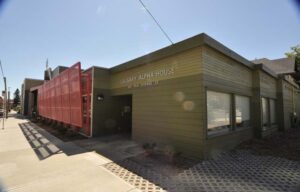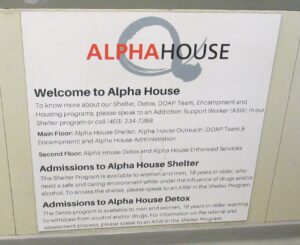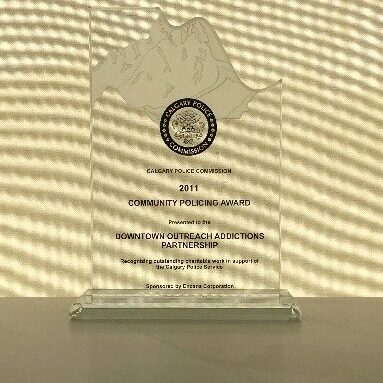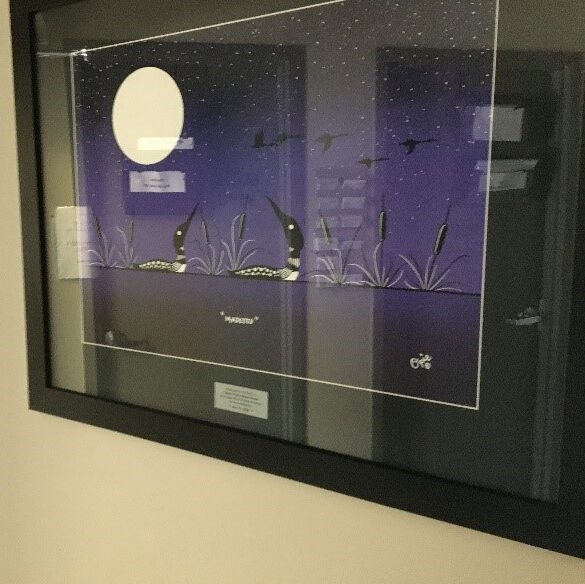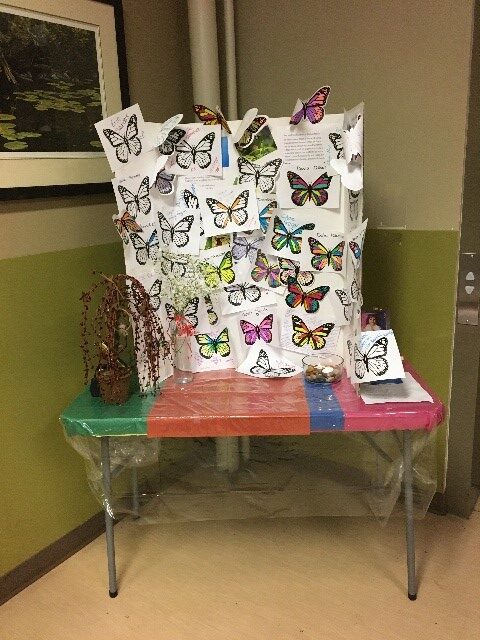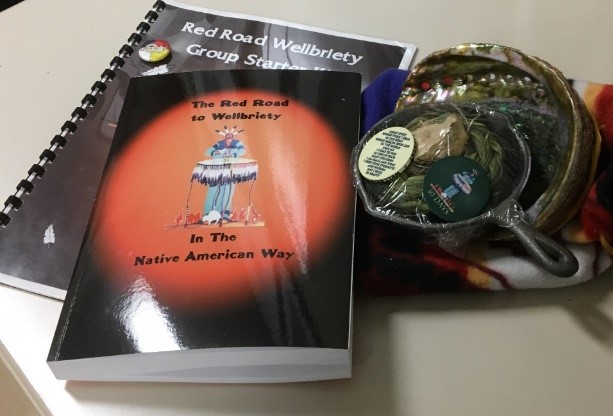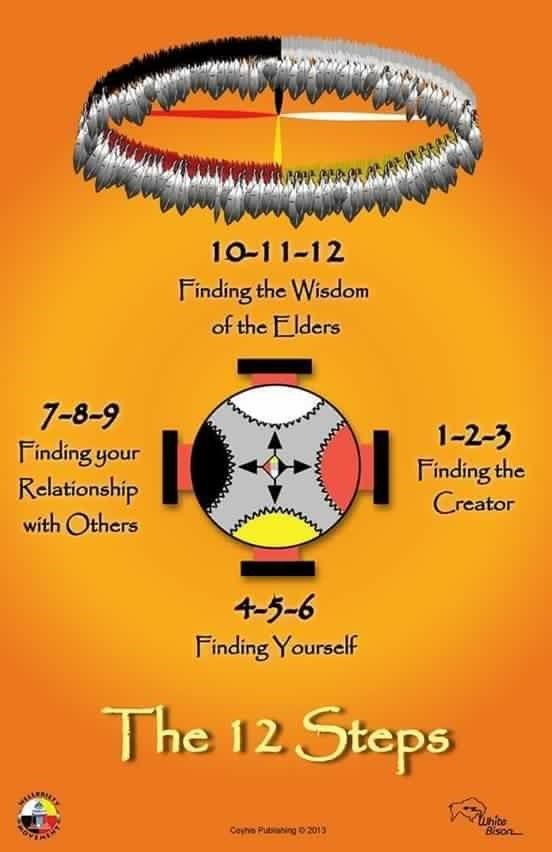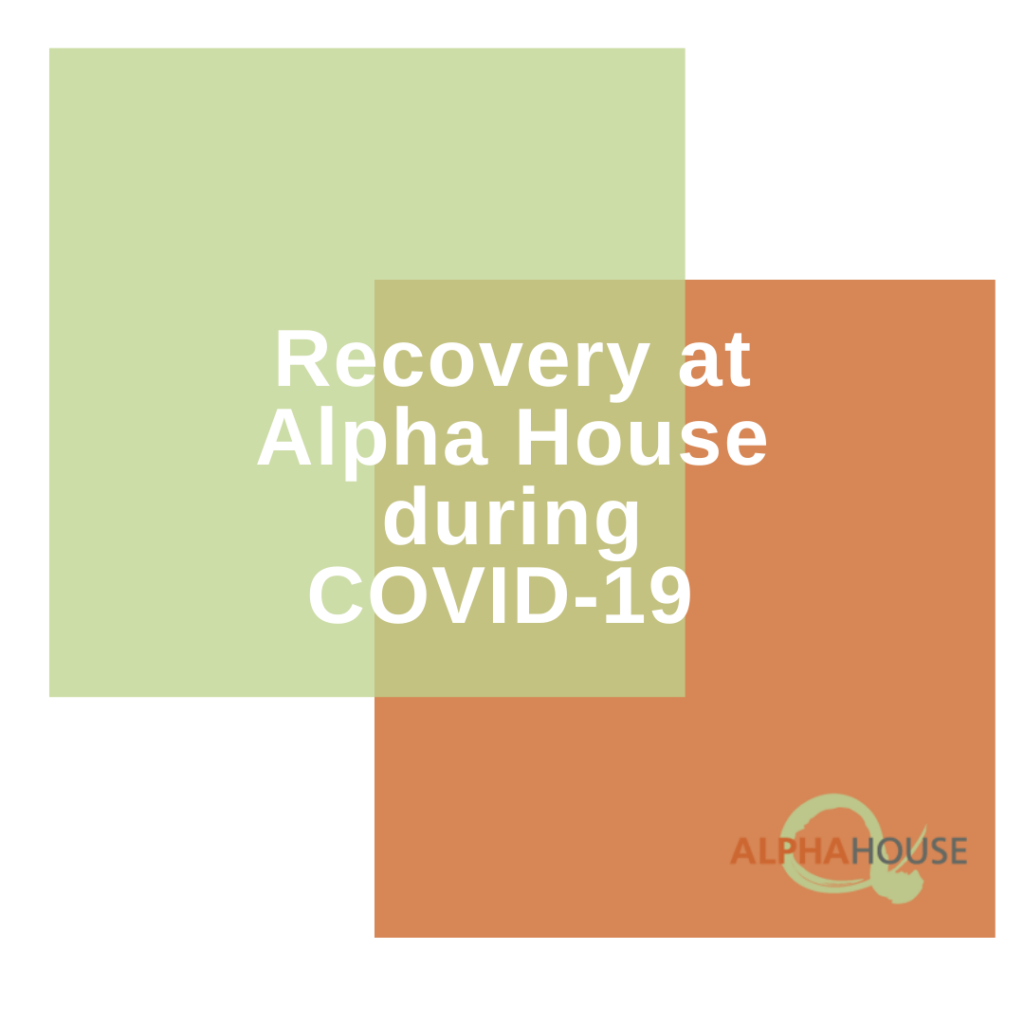Volunteering at Alpha House
Shaundra Bruvall | December 7, 2023

There are many quotes that describe the contribution a volunteer makes, from
“Nothing liberates our greatness, like the desire to help, the desire to serve.” Marianne Williamson
“Without volunteers, we’d be a nation, without a soul” Rosalynn Carter
“Here’s to all volunteer, those dedicated people who believe in all work and no pay.” Robert Orben
A mix of heart felt sentiment and clichés abound in describing the impact volunteers have on the collective nonprofit they offer their time to supporting.
I believe in volunteering and, like volunteers I oversee at Alpha House, I offer my time when I can to agencies and groups that mean something to me. Like helping at a casino or giving time to a meditation group I support. Like volunteers at Alpha House, it helps me to balance out my lived experience and to feel alive within the body politic. It is self-serving as much as it is other-serving; a way of relating and being present in the world, an openness to being responsive and caring.
I have been involved in volunteering and with volunteers since I worked at Volunteer Calgary, and in my first social work job at what was known then as AIDS Calgary. In the late 70’s and early 80’s, volunteering was then both an activity and about activism, and I valued that side of volunteerism that encouraged community engagement. I took this approach to my later assigned role as Volunteer Manager at Alpha House. This blog reflects some thoughts on this role and some of the volunteers I have worked with.
Volunteers at Alpha House compliment staff and never replace them in their work. Our staff are very astute and caring and, in my experience, do not flinch in taking on tasks that are in service of a client. Volunteers as Board Members have been present since the inception of Alpha House as a response to those with alcohol and other drug dependencies in Calgary. Likewise, we have had self-help group volunteers and various faith and corporate groups that have supported us over the years. What I have enjoyed witnessing the most are people with lots of passion, volunteers and staff that have made space for each other and have worked together. Here are some examples of what I mean.
Bertha joined us in 2008 while we were in a period of renovation. Bertha and her family started a small soup kitchen in the shelter for shelter clients. She not only provided soup and sandwiches but came and served the shelter clients as well. This was a new venture for us and volunteers and staff made it work smoothly. Later, this initial intention would evolve into our present day Shelter Daily Meal Kitchen that still encourages volunteer support when available. Later, Bertha also began a monthly music group for Detox clients. A cacophony of healing sound was generated from the musical instruments that Bertha and her friends provided for each session. It became a favorite experience for clients especially when being surrounded by drums that immersed the person in healing heart like beats of caring. Bertha was a sentinel of openness and inclusiveness. We lost Berth during the pandemic but her presence can still be felt by those that knew her or experience her smile and welcome.
Another volunteer who made a difference was a young man newly sober and in a step program who wanted to give back to Alpha House. I will leave him anonymous but when I first met him he had five years of sobriety, and I cautioned him that although he wanted to volunteer in detox, that many in step recovery often grew frustrated with clients for whatever reason who were taking baby steps rather than the leaps known in some step programs as essential to recovery. He immediately offered to stay fast for a year and I took him on as the first Detox Mentor. Over that year he grew in the estimation of both clients and the staff as he worked in various roles from making beds to escorting clients to and from the in house clinic and under staff guidance a relapse topic presenter to the clients as a group. In many ways he lived rather than talked about his experience, strength and hope and gave me an understanding of what our volunteer as a Detox Mentor could offer. More importantly he gave me insight into how lived experience can benefit our clients and that the voices of those with lived experiences are needed at Alpha House in the many ways they materialize. He helped open the door to view clients as potential volunteers.
Advocates for client support groups also came to Alpha House through the volunteer route. Mary-Anne and Cate were two such women. We had met as volunteers at Lougheed House Gardens and got to talking at break one day. I was overseeing a project where clients volunteered and watered Lougheed House Gardens and other City Parks Department gardens on hot summer days. Mary-Anne and Cate got to know some of the women that came with me. Mary-Anne and Cate proposed a group for women with the goals of providing a safe place to talk openly (without men present) and where learning from the experience of other women could be highlighted. The group has evolved over the last ten years now inviting many women to explore often for the first time to learn how self help groups can benefit them. Cate remains a facilitator of the women’s group and Linda is now her co chair.
This is an opportunity to mention that staff started an interactive support group for shelter women around the same time, a beautiful expression based on the harm reduction approach of sisters doing it for themselves and not without them. Unfortunately, it didn’t survive the pandemic. Both groups are examples of meeting needs of people as they arise and supporting them as they stepped out of their usual comfort zones. Both groups helped women find safer passage to recovery orientated groups that have been a mainstay at Alpha House, like AA. NA, CA.
A more recent story involves community engagement from the volunteer side. A young couple who saw our ad in their elevator in the building they were renting an apartment in, responded by coming over for a tour and eventually volunteering in our Kitchen Helper positions. For several years they have been faithfully booking time on their Sundays to help prepare Sunday Lunch to our clients in detox and shelter. Recently they announced that they are moving to another city for new job opportunities. We will miss them and the neighbourly goodwill they brought to our work. ‘Creating Community for Everyone’, is an Alpha House catch phrase. Volunteering is its expression in real time.
Today volunteering at Alpha House has a strong team feel. We follow accreditation Canada standards by recognizing the need to protect our vulnerable clients and to ensure our volunteers are aware that their presence matters as part of our collective care. So no matter what task a volunteer is involved in they are asked to consider the merit they give to the client directly or indirectly in the doing. Moving forward I hope this blog is a reminder that community engagement and volunteering are ever changing and vital to Alpha House and those we serve.
Written by David Burke, Volunteer Manager at Alpha House Society
